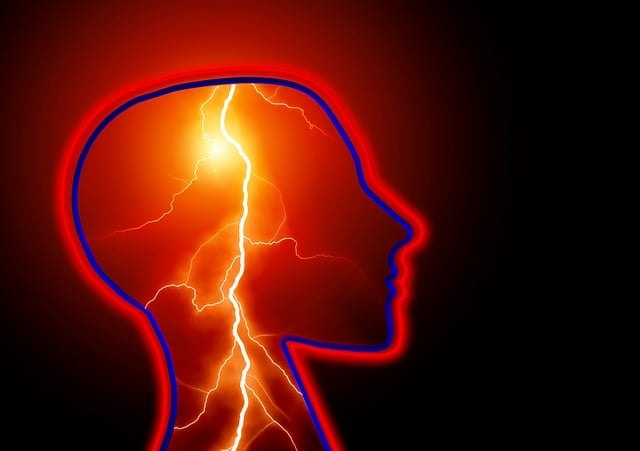
Introduction
Testosterone, a crucial hormone in men’s health, plays a significant role in various bodily functions. Produced primarily in the testes and adrenal glands, it influences muscle mass, bone density, fat distribution, red blood cell production, and sexual function. The testes and adrenal glands produce testosterone, with the adrenal glands also contributing to the production of dehydroepiandrosterone (DHEA), which is transformed into testosterone and estrogen. Understanding its importance, the effects of its deficiency, and ways to maintain optimal levels is essential for overall well-being.
The structure of a testosterone molecule
The Role of Testosterone
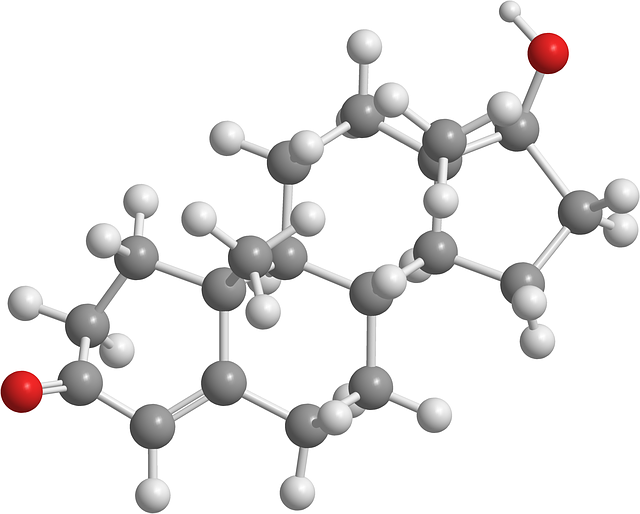
1. Muscle Mass and Strength
- Testosterone is vital for the development and maintenance of muscle mass. It enhances muscle protein synthesis, leading to increased muscle size and strength.
The pituitary gland releases luteinizing hormone (LH) in response to gonadotropin-releasing hormone (GnRH) from the hypothalamus. LH then stimulates the production and release of testosterone in the gonads, helping to maintain normal levels of testosterone in the body.
2. Bone Density
- This hormone plays a crucial role in bone health. It stimulates bone mineralization, ensuring bones remain strong and less susceptible to fractures.
3. Fat Distribution
- Testosterone helps regulate fat distribution in the body. Men with normal levels typically have lower body fat percentages compared to those with deficiencies.
4. Red Blood Cell Production
- It aids in the production of red blood cells, which are essential for transporting oxygen throughout the body, thereby improving energy levels and endurance.
5. Sexual Function
- Testosterone is key to libido and sexual performance. It influences sexual desire and is necessary for sperm production.
Healthy testosterone levels contribute to muscle growth and overall physical fitness.
Effects of Testosterone Deficiency
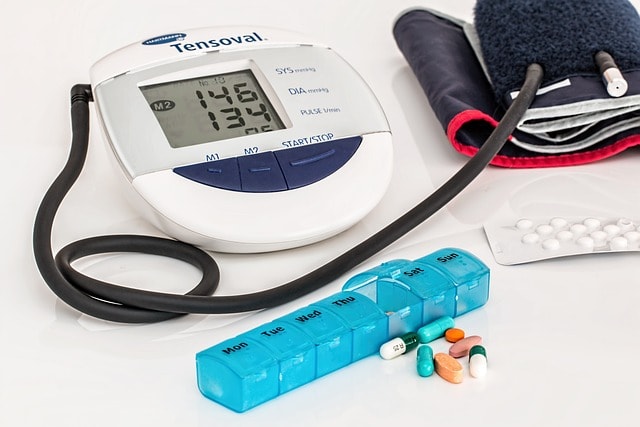
Testosterone deficiency, or hypogonadism, can lead to various health issues, including:
1. Decreased Libido
- Men with low testosterone often experience a reduced interest in sexual activity.
Normal testosterone levels are crucial for overall health, and free testosterone is measured to diagnose certain conditions and determine eligibility for testosterone therapy.
2. Fatigue and Decreased Energy Levels
- A drop in testosterone can result in persistent fatigue and a noticeable decrease in energy levels.
3. Muscle Loss
- Reduced testosterone levels lead to a decrease in muscle mass and strength.
4. Increased Body Fat
- Men may notice an increase in body fat, particularly around the abdomen.
5. Mood Changes
- Low testosterone can cause mood swings, irritability, and even depression.
Fatigue and low energy are common symptoms of low testosterone levels.
Maintaining Healthy Testosterone Levels with Testosterone Replacement Therapy

1. Regular Exercise
- Engaging in both cardiovascular and strength training exercises can naturally boost testosterone levels.
2. Balanced Diet
- Consuming a diet rich in proteins, healthy fats, and carbohydrates helps maintain optimal testosterone levels.
3. Adequate Sleep
- Quality sleep is essential for hormone production, including testosterone. Aim for 7-9 hours per night.
4. Stress Management
- Chronic stress elevates cortisol levels, which can negatively impact testosterone. Practicing relaxation techniques like meditation and yoga can help.
5. Avoiding Alcohol and Tobacco
- Limiting alcohol intake and avoiding tobacco can prevent testosterone depletion.
Blood tests play a crucial role in monitoring testosterone levels, helping to determine if they are within the normal range for both males and females.
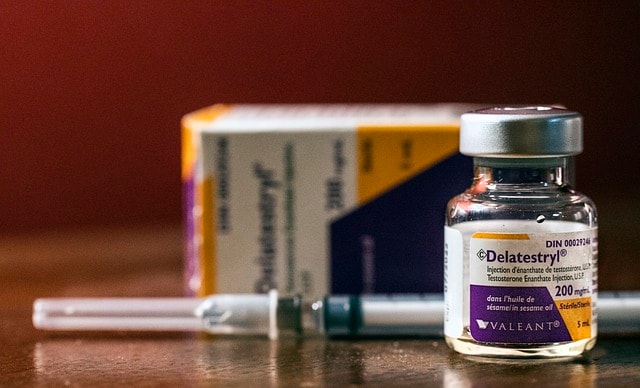
Regular exercise and a healthy diet are crucial for maintaining optimal testosterone levels.
Testosterone replacement therapy (TRT) and testosterone therapy are important considerations for those with low testosterone levels. TRT can offer benefits such as improved mood, energy levels, and muscle mass, but it also comes with potential side effects and requires careful monitoring by a doctor. Different forms of administration, such as injections, patches, and gels, are available, and the decision to start therapy should involve a thorough discussion of the risks and benefits.
Conclusion
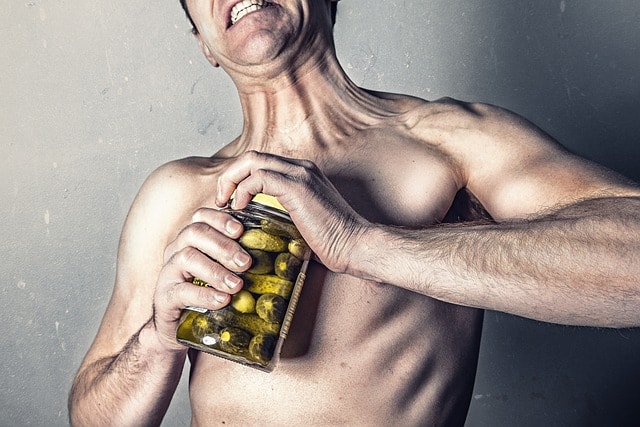
Testosterone plays a pivotal role in men’s health, influencing physical, mental, and sexual well-being. However, it is important to note the risks of anabolic steroids, which are synthetic variations of testosterone often misused by athletes and bodybuilders, differing significantly from medically supervised testosterone treatment. Understanding its functions, recognizing the signs of deficiency, and adopting a healthy lifestyle can help maintain optimal testosterone levels, ensuring a better quality of life. Additionally, while testosterone therapy does not seem to increase the risk of prostate cancer, it can stimulate the growth of existing prostate cancer cells, necessitating caution for those with undiagnosed prostate cancer. High levels of testosterone can also impact individuals with polycystic ovary syndrome (PCOS), a condition prevalent in those assigned female at birth.
References
- Harvard Health Publishing. (2020). Testosterone and men’s health: What you need to know.
- Mayo Clinic Staff. (2021). Low testosterone (male hypogonadism).
- MedlinePlus. (2021). Testosterone.
- WebMD. (2021). What is testosterone?.
By taking proactive steps towards a healthier lifestyle, men can ensure their testosterone levels remain balanced, promoting overall health and vitality.

Pingback: Anavar for Sale USA: Where to Buy the Best Anavar Online in 2024? – Steroids for Sale USA – Buy Steroids Online at the Best Price
Pingback: Anavar for Men, Women: Benefits, Risks, and Usage Guidelines – Steroids for Sale USA – Buy Steroids Online at the Best Price